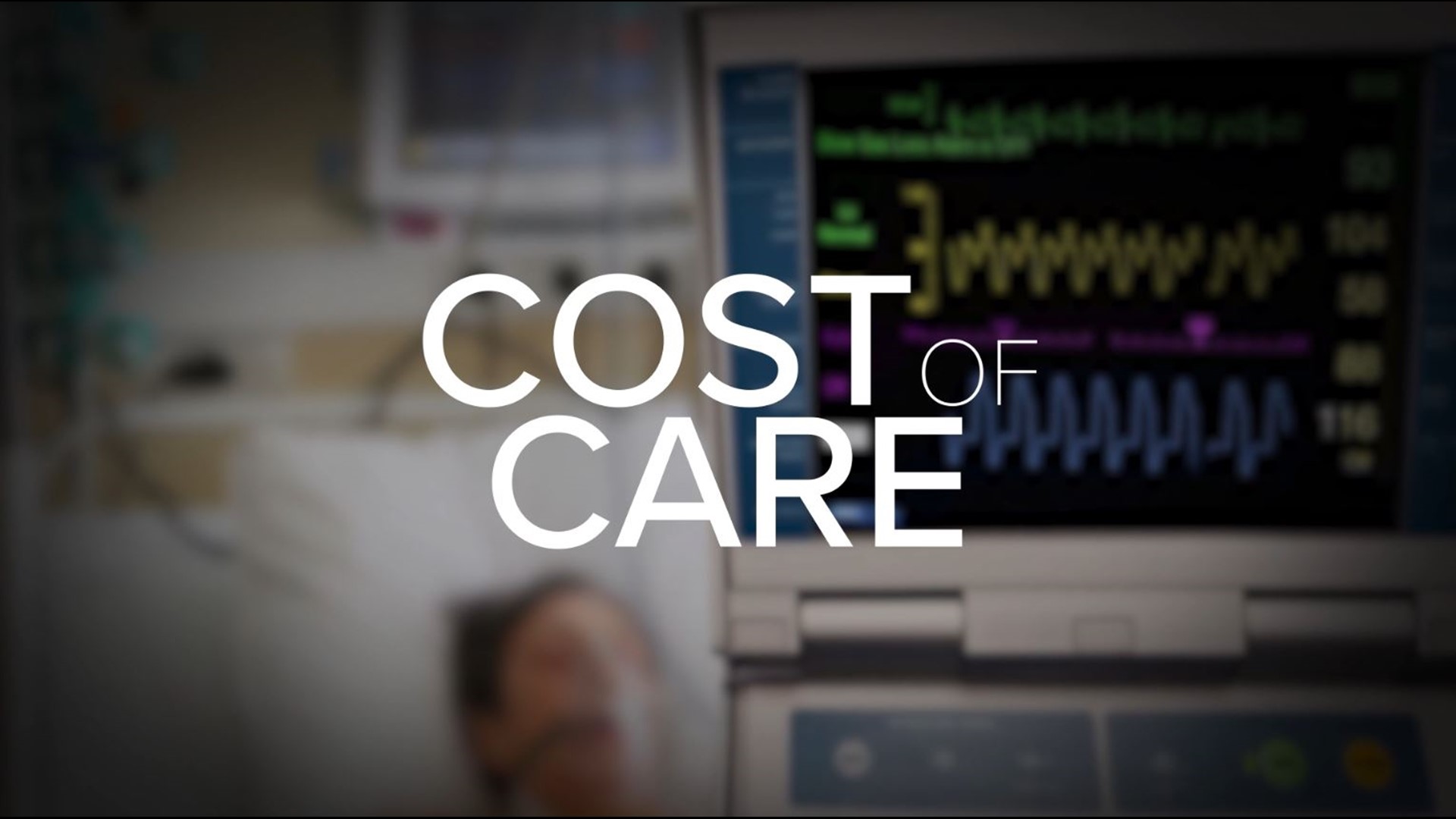WASHINGTON — The Centers for Disease Control and Prevention sent an alert to doctors on Friday that warns of an increase in an extensively drug-resistant strain of the Shigella bacteria.
Shigella bacteria causes shigellosis infection and causes around 450,000 infections in the U.S. each year, according to the CDC. Most people with an infection have diarrhea that can be prolonged or bloody, fever, and stomach pain. Symptoms usually begin one to two days after infection and last seven days.
Historically, shigellosis has predominantly affected young children; however, the health agency said in the advisory it's more recently seen an increase in antimicrobial-resistant Shigella infections among adults - especially in men who have sex with other men, people experiencing homelessness, international travelers and people living with HIV.
Shigella bacteria can spread easily from one person to another – and it only takes a small amount of Shigella to make someone sick. It's transmitted in several ways, including changing a sick child's diaper, getting Shigella on your hands and touching your mouth, through contaminated food and water or sexual contact.
"Given these potentially serious public health concerns, CDC asks healthcare professionals to be vigilant about suspecting and reporting cases of XDR [extensively drug resistant] Shigella infection to their local or state health department and educating patients and communities at increased risk about prevention and transmission," the public health advisory stated.
The CDC noted that most patients recover from shigellosis without antimicrobial treatment and oral rehydration may be sufficient for many dealing with the infection.
The alert was sent from the CDC through the Health Alert Network (HAN) to thousands of physicians and other clinicians across the country.

